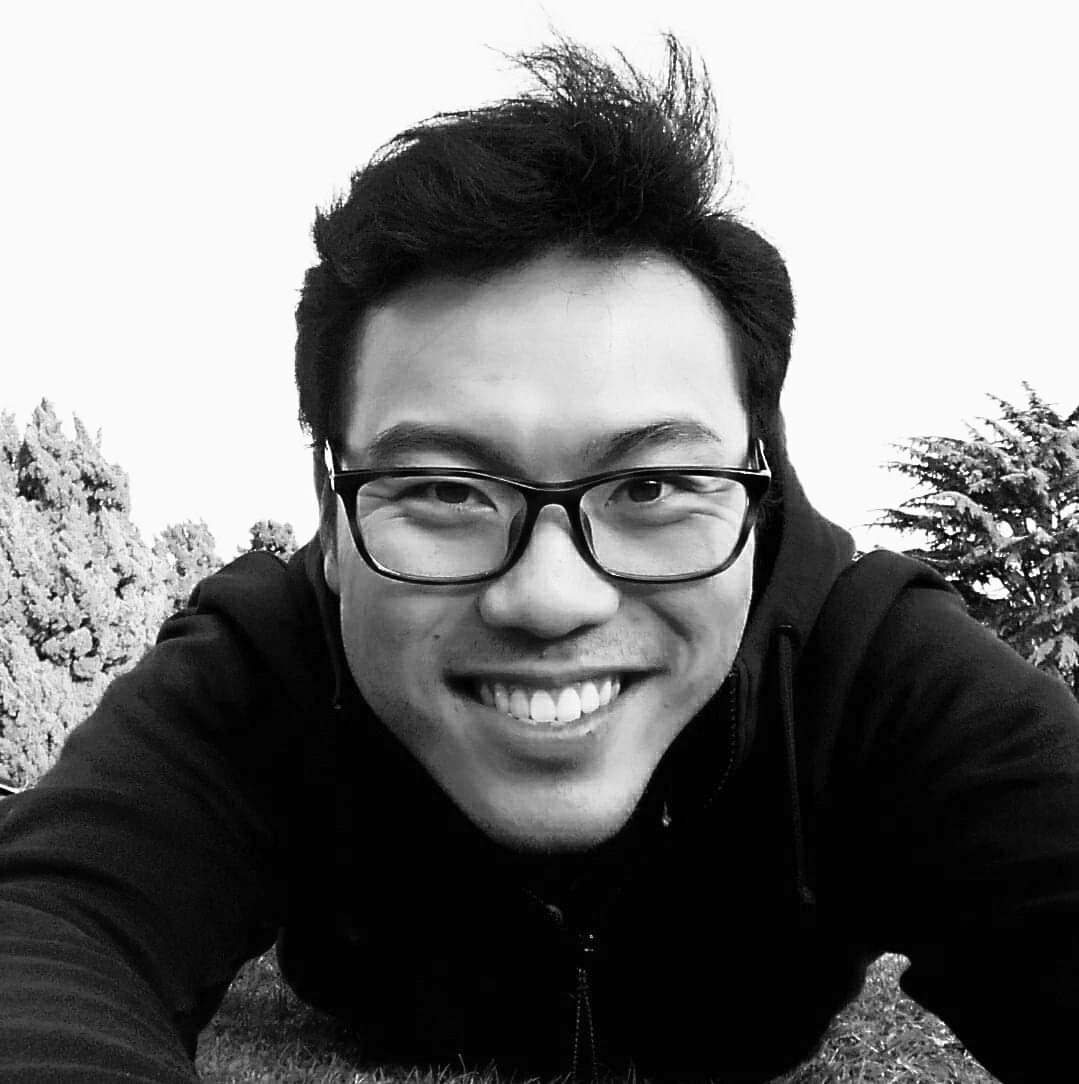IT IS A sorry bookshelf that is filled only with the books you have read. That is no longer a bookshelf, but an archive, only a memory away from standing as dead history. To bring that bookshelf alive, what you need to do is build your atemporal, ever-shifting self into its recesses—the books you once wanted to read, but no longer do, brushing shoulders with the books you insist you will get around to reading, both envying the prestige of those books you half-read, put down and finally became too busy to finish. That is a living bookshelf where all those who love you can see you holistically, like a collage portrait where each spine gestures to the observer the kind of person this reader wanted to be for a short while.
That living diversity of interests is where I want to start this little self-contained, unique perspective on my father, Ooi Kee Beng. The bookshelves of our house reach from Da Vinci’s sketches to Wittgenstein’s Tractatus, and from Malaysian geopolitics to European poetry, but they also cross universes from the fantasy novels I loved as a tween to the pottery pieces my sister made before leaving for university. Each cover my finger lights upon as I consider picking up something to read (before coming to my senses and redirecting to my phone) is a small insight into one of the million people he—like us all—has bounced between wanting himself to be. A historian, a martial artist, a charcoal sketcher, a calligrapher, a journalist, a biographer, a fiction author, a novelist, a pianist.







